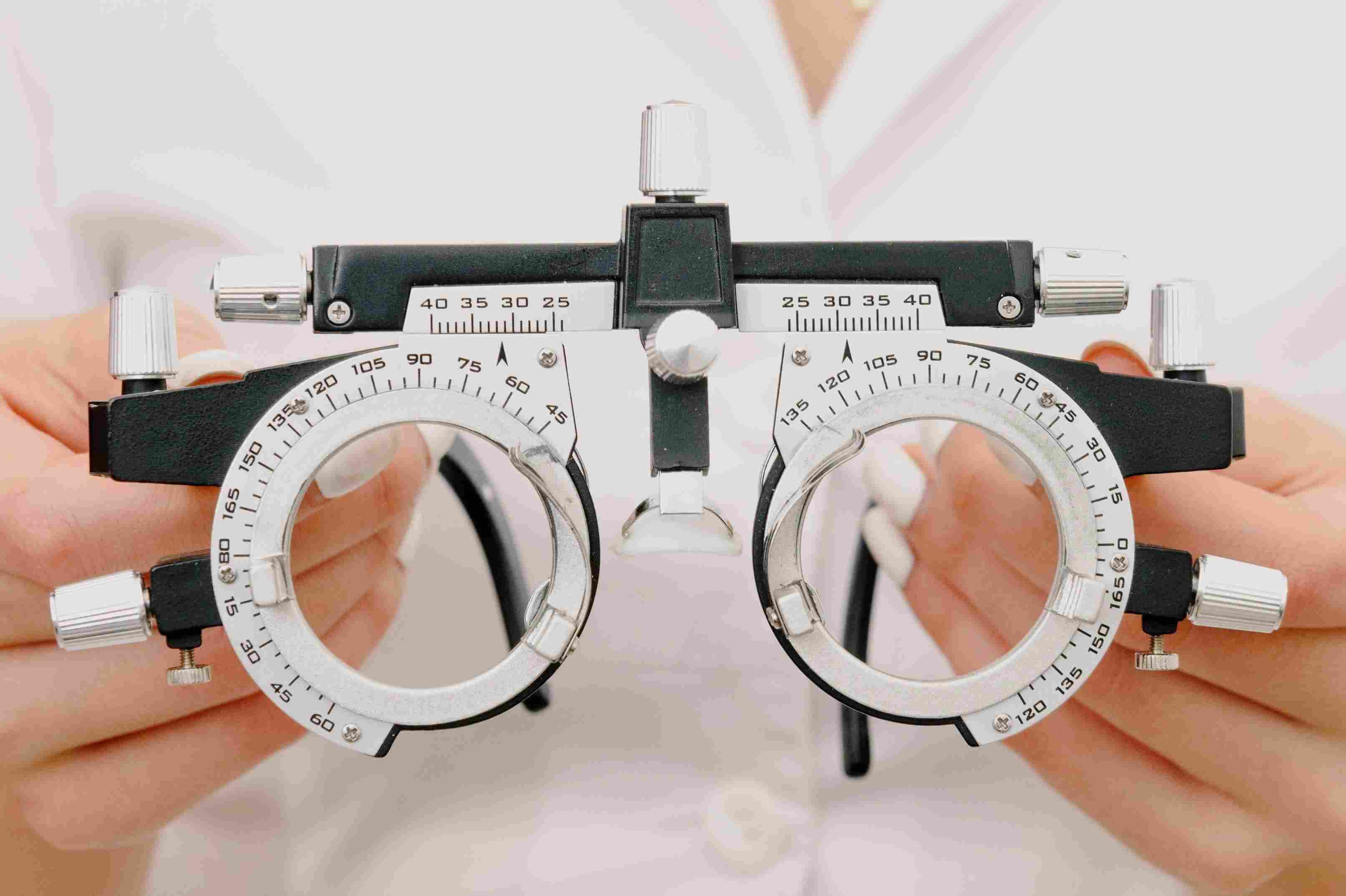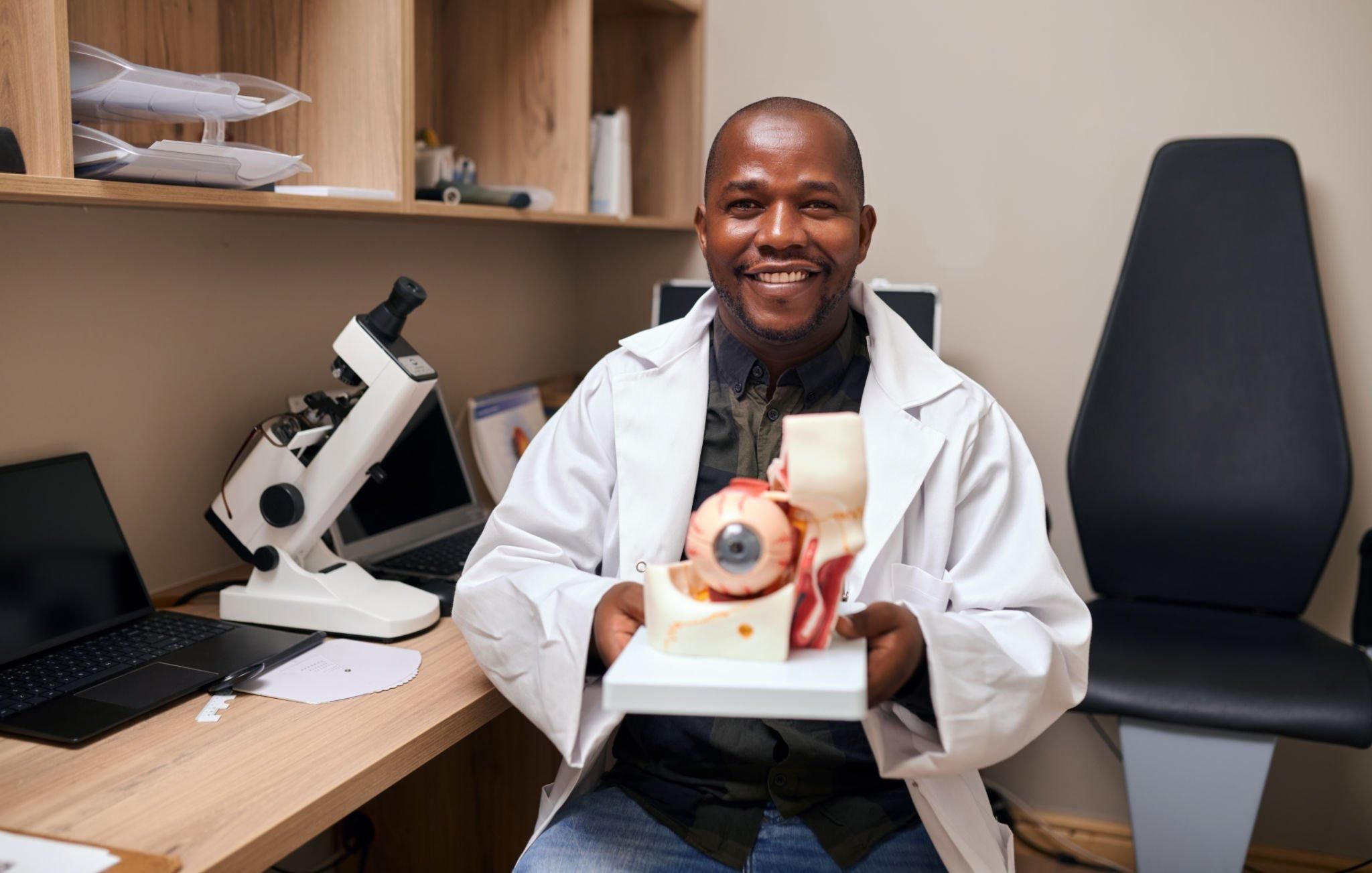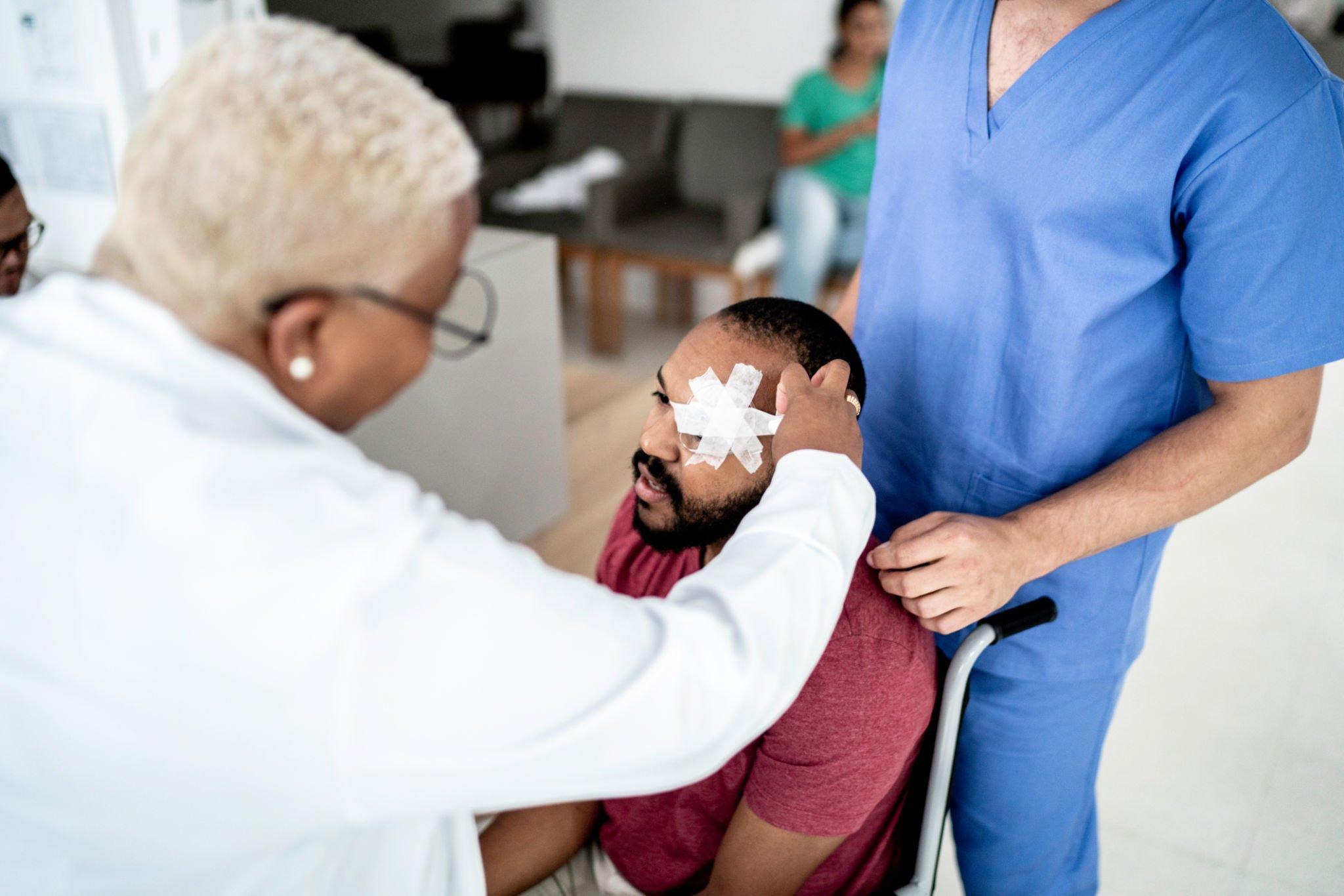Glaucoma Surgery
Glaucoma Surgery
Glaucoma surgery aims to reduce intraocular pressure to prevent optic nerve damage, often involving drainage devices or laser procedures.
Explore

About Glaucoma Surgery
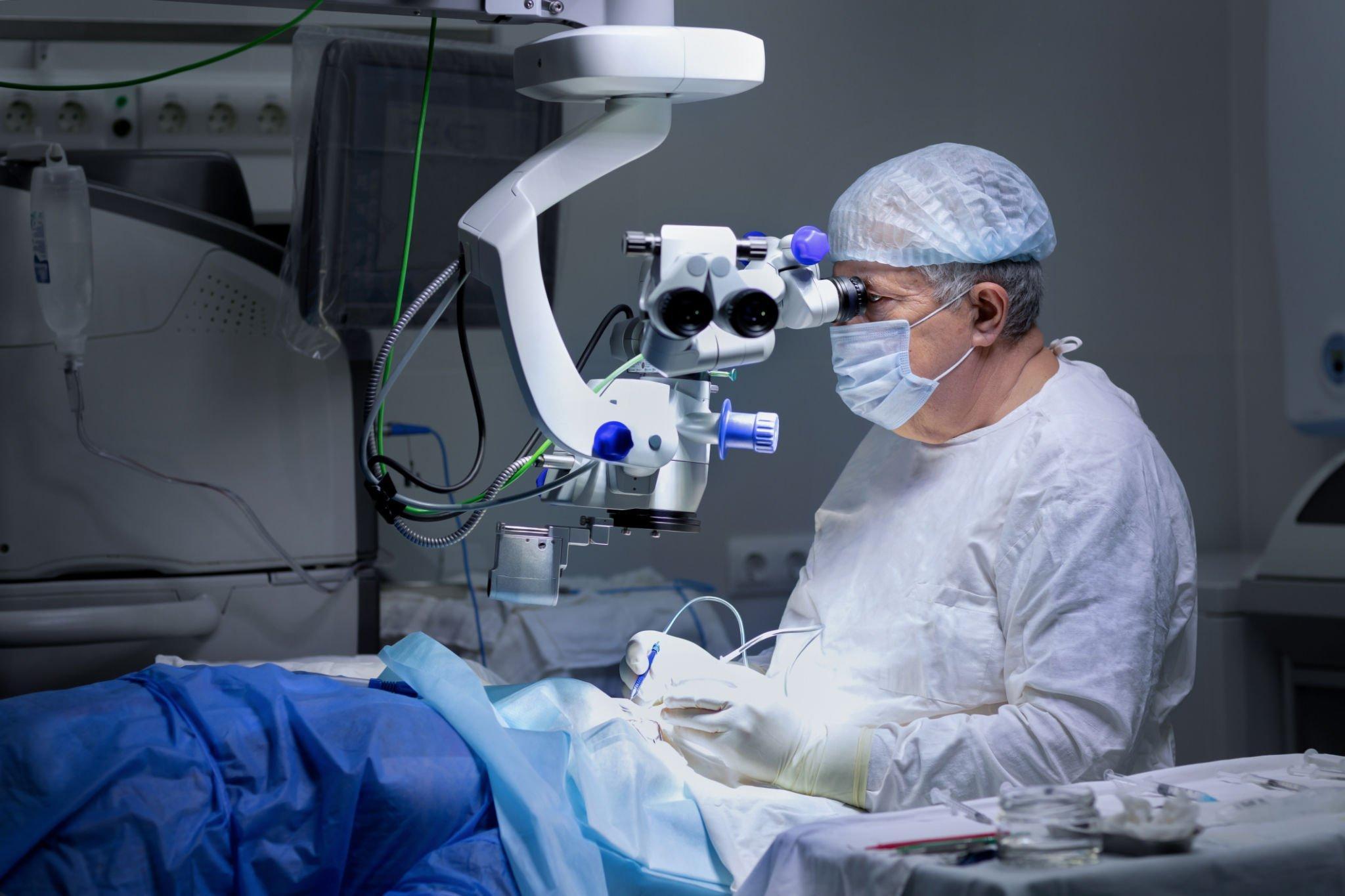
Preserving Vision: Advances in Glaucoma Surgery within Comprehensive Eye Care
Glaucoma surgery is a specialized field within comprehensive eye care focused on managing and treating glaucoma, a group of eye conditions that damage the optic nerve, leading to vision loss. While medications and laser therapies are often the first line of treatment, surgical interventions become necessary in cases where these approaches are insufficient in controlling intraocular pressure (IOP) or when the condition progresses. Glaucoma surgery aims to lower IOP, the primary risk factor for optic nerve damage in glaucoma.
Common Glaucoma Surgeries:
Several surgical procedures are utilized to manage glaucoma, including:
- Trabeculectomy: A surgical procedure that creates a drainage channel to allow excess aqueous humor to drain from the eye, lowering IOP.
- Minimally Invasive Glaucoma Surgery (MIGS): Various microsurgical procedures that involve creating small openings or shunts to enhance the outflow of aqueous humor, reducing IOP. Examples include trabecular micro-bypass stents and the Xen Gel Stent.
- Glaucoma Drainage Devices: Implantable devices, such as Ahmed Valve or Baerveldt Tube, that facilitate drainage and control IOP in cases where traditional surgeries are less effective.
- Cyclophotocoagulation: Laser or surgical procedures that target the ciliary body to reduce the production of aqueous humor and lower IOP.
- Laser Peripheral Iridotomy (LPI) or Laser Iridoplasty: Laser procedures that create openings in the peripheral iris to improve fluid drainage and reduce IOP.
Indications for Glaucoma Surgery:
Glaucoma surgery may be recommended for individuals with:
- Inadequate IOP Control: When medications and laser therapies are insufficient in maintaining target IOP levels.
- Progressive Vision Loss: Cases where glaucoma is advancing despite treatment efforts.
- Intolerance to Medications: When individuals experience significant side effects or difficulties with compliance related to glaucoma medications.
- Angle-Closure Glaucoma: Laser procedures like LPI may be recommended to prevent or manage angle-closure attacks.
Advancements in Glaucoma Surgery:
Recent advancements in glaucoma surgery include:
- Micro-Invasive Glaucoma Surgery (MIGS): Less invasive procedures with shorter recovery times and reduced risk of complications.
- Minimally Invasive Glaucoma Devices (MIGDs): Implantable devices that provide a sustained reduction in IOP with fewer complications compared to traditional surgeries.
- Advanced Imaging: High-resolution imaging techniques that assist in preoperative planning and postoperative monitoring.
- Biodegradable Implants: Implants designed to dissolve over time, reducing the risk of long-term complications.
Postoperative Care and Follow-up:
Following glaucoma surgery, individuals receive postoperative care instructions and schedule regular follow-up appointments. Monitoring IOP and assessing visual function are essential components of ongoing glaucoma management to ensure the effectiveness of the surgical intervention.
Our commitment to glaucoma surgery within comprehensive eye care involves the incorporation of cutting-edge techniques and technologies, providing individuals with tailored treatment options to preserve their vision and enhance their quality of life.
This surgery is performed at Chakrabarti Eye Care Hospital.

Other Services
Patient succes stories
Emma Davis
I recently underwent cataract surgery performed by Dr. Arup Chakrabarti, the Cataract surgeon at Dr. Ramesh Kumar Kurup & Sarada Memorial Hospital. Dr. Arup Chakrabarti's expertise and skill were evident throughout the entire process. The hospital's facilities were modern and well-maintained, creating a comfortable environment. Dr. Arup Chakrabarti's clear communication and personalized care made the entire experience smooth and reassuring. I am grateful for the excellent service provided by Dr. Chakrabarti and the dedicated staff at Sarada Memorial Hospital. I highly recommend their services for anyone considering cataract surgery.
Cataract surgeon
Dr. Arup Chakrabarti

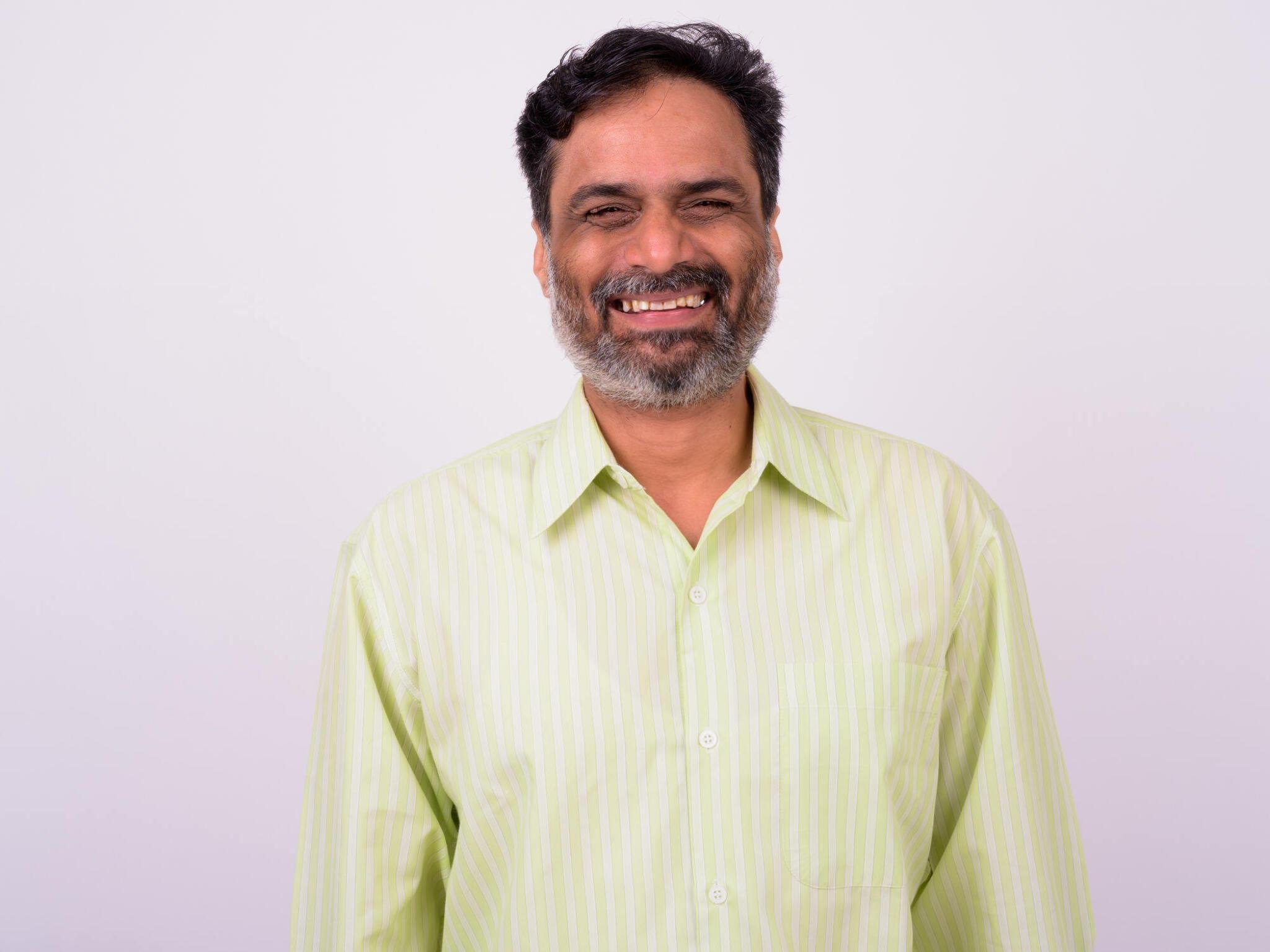
Mohan Pillai
I recently had the pleasure of being under the care of Dr. Meena Chakrabarti, a senior consultant at dr. Ramesh Kumar Kurup and Sarada Memorial Hospital. Dr. Meena Chakrabarti's professionalism and extensive knowledge in eye care were truly commendable. From the initial consultation to the follow-up appointments, her dedication to patient well-being was evident. The hospital's facilities were modern, and the support staff was efficient and courteous. Dr. Meena Chakrabarti's personalized approach and thorough explanations instilled confidence in the treatment process. I highly recommend Dr. Chakrabarti and Dr.Ramesh Kumar Kurup Sarada Memorial Hospital for their exceptional eye care services.
Senior Consultant
Dr. Meena Chakrabarti
